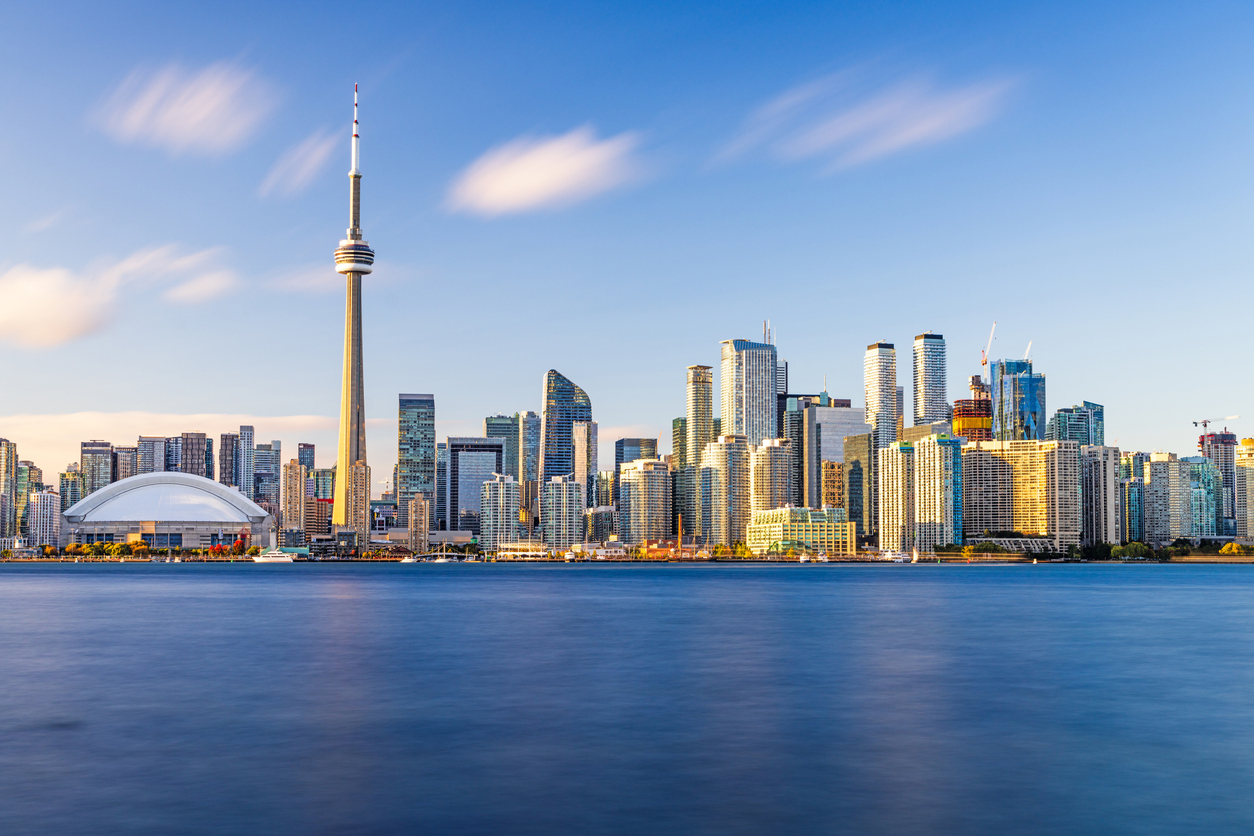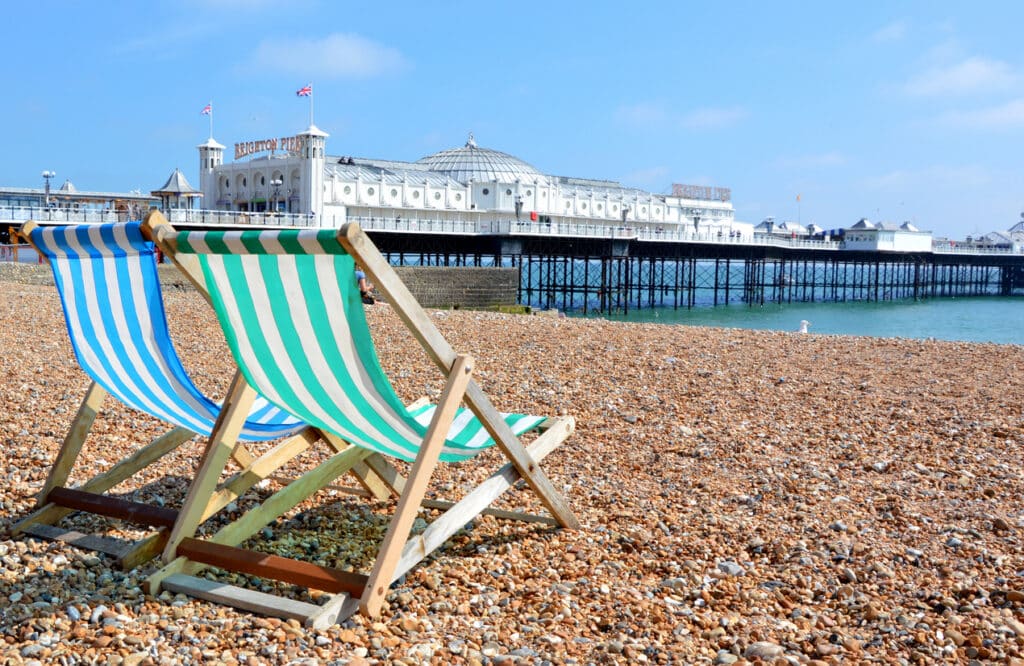Moving to Canada as a U.S. expat brings a world of new opportunities—and, naturally, a few questions about daily life and safety. Let’s talk about Canada’s corruption rates. Is it something expats need to worry about? How does Canada compare globally, and what practical steps can you take to protect yourself? Let’s break down the facts, dispel some myths, and help you feel confident about your move north of the border.
Canada’s global corruption rankings and what they mean for expats
When considering a move abroad, it’s only natural to wonder about the integrity of your new home’s institutions. The good news is that Canada consistently ranks among the world’s least corrupt countries. According to Transparency International’s Corruption Perceptions Index (CPI), Canada typically lands in the top 15 globally, far ahead of many other popular expat destinations. This means that, in general, public services, law enforcement, and government agencies operate with a high degree of transparency and accountability.
What does this mean for expats?
- Low risk of traditional corruption: Bribery, extortion, and overt government fraud are rare in Canada. You’re unlikely to encounter demands for under-the-table payments or face systemic barriers to accessing public services.
- Strong legal protections: Canada’s legal system is robust, with clear avenues for reporting and addressing any suspected corruption. Whistleblower protections and anti-corruption laws are actively enforced.
- Trustworthy institutions: From healthcare to banking, Canadian institutions are generally reliable and operate with integrity. This can be a welcome relief for expats coming from countries where corruption is more prevalent.
However, no country is entirely immune to corruption. Understanding the nuances of Canadian corruption—and how it might differ from what you’ve experienced elsewhere—can help you navigate your new environment with confidence.
Understanding “soft corruption” vs. traditional corruption in Canada
While Canada’s global reputation for clean governance is well-earned, it’s important to recognize that corruption can take subtle forms. In Canada, you’re unlikely to face blatant bribery or overt criminal activity. Instead, concerns sometimes center around what experts call “soft corruption.”
What is soft corruption?
Soft corruption refers to unethical practices that may not break the law but can still undermine fairness and transparency. Examples include:
- Nepotism: Favoring friends or family in hiring or contract decisions.
- Conflict of interest: Public officials or business leaders making decisions that benefit themselves or their associates.
- Regulatory capture: When powerful industries exert undue influence over regulators or policymakers.
While these issues are less visible than traditional corruption, they can still impact expats—especially in areas like business, real estate, or government contracting. For example, you might notice that certain opportunities seem to go to insiders, or that navigating bureaucracy can sometimes feel opaque.
How does this affect expats?
For most U.S. expats, soft corruption is unlikely to affect daily life. However, if you’re starting a business, seeking government contracts, or working in highly regulated industries, it’s wise to be aware of these dynamics. The key is to stay informed, ask questions, and rely on reputable advisors when making important decisions.
Practical steps to protect yourself from corruption
Even in a country with a strong reputation like Canada, it’s smart to take proactive steps to safeguard yourself and your interests. Here’s how you can minimize your exposure to any form of corruption in Canada:
1. Do your homework
- Research local laws and regulations before making major financial or business decisions.
- Understand your rights as a resident, employee, or business owner in Canada.
2. Choose reputable partners
- Work with established professionals—whether you’re hiring a real estate agent, accountant, or attorney. Look for credentials, reviews, and professional memberships.
- Avoid shortcuts or offers that seem too good to be true. Transparency is the norm in Canada; anything less should raise a red flag.
3. Keep good records
- Document all transactions and communications, especially when dealing with government agencies or large purchases.
- Save receipts, contracts, and correspondence in case you need to clarify or dispute something later.
4. Know where to report concerns
- Familiarize yourself with reporting channels for suspected corruption or unethical behavior. Canada has clear processes for whistleblowing, both in the public and private sectors.
- Don’t hesitate to seek help from your local U.S. consulate or embassy if you encounter a situation that feels off.
5. Stay informed and connected
- Join expat groups and local associations to share experiences and get trusted recommendations.
- Stay updated on local news to be aware of any emerging issues or changes in regulations.
By taking these practical steps, you can enjoy all the benefits of life in Canada with peace of mind, knowing you’re well-prepared to handle any challenges that might arise.
Ready for a smooth, worry-free expat experience?
Moving to Canada should be exciting—not stressful. Bright!Tax specializes in helping U.S. expats handle their tax filings, compliance, and cross-border questions, so you can focus on settling in. Reach out to our expert team for tailored, friendly support—and enjoy peace of mind, wherever life in Canada takes you.
Frequently Asked Questions
-
Is corruption a real concern for U.S. expats in Canada?
Canada is considered one of the least corrupt countries globally. While no country is entirely free from corruption, most expats find that Canada’s institutions are trustworthy and transparent.
-
What should I do if I encounter corruption in Canada?
If you suspect corruption, document your experience and report it to the appropriate Canadian authorities. You can also seek guidance from the U.S. embassy or consulate.
-
Are there specific industries in Canada where corruption is more common?
While Canada’s overall risk is low, sectors like construction, real estate, and government contracting may occasionally face issues related to soft corruption. Due diligence is always recommended.
-
How does Canada's corruption compare to the U.S.?
Canada generally ranks higher than the U.S. in global anti-corruption indices, meaning it is perceived as less corrupt overall. However, both countries have strong legal frameworks to address corruption.

 Connect on LinkedIn
Connect on LinkedIn

